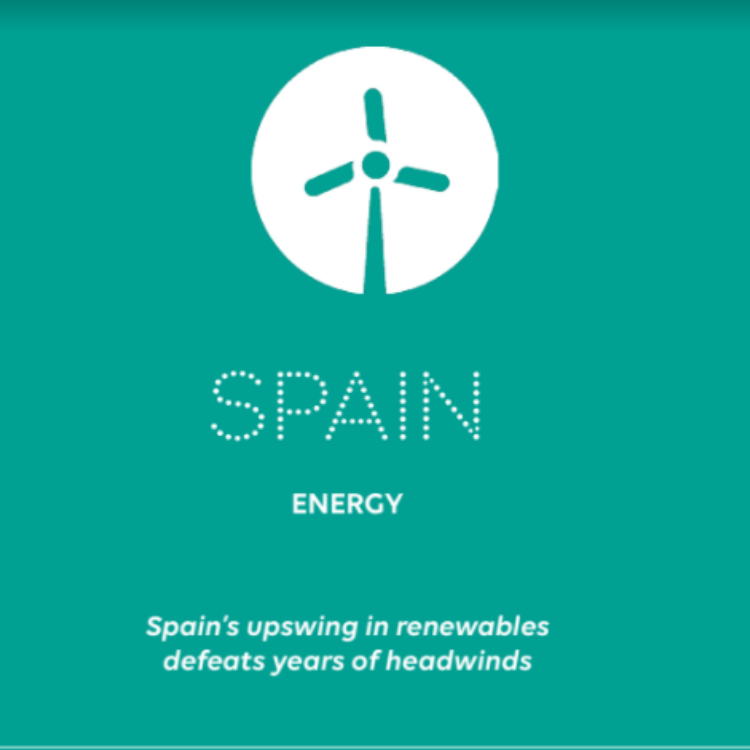Spain • Spain’s upswing in renewables defeats years of headwinds
The decentralised policy framework and the existence of large energy players in Spain are both advantages and obstacles to investment in renewable electricity generation. Therefore, what role have non-state actors played in Spain's energy transformation in recent years?

2021
Spain
Natalia Arias Pérez • Syndex Consultores • Antoine Gillod • Coordinateur, Climate Chance
Summary
- Spain begins it’s shift towards a more renawable electricity mix
- The renewables market opens-up Spanish electricity to competition
- Developing Climate and Energy skills-Political leverage for local governments in search of regional autonomy
- The Spanish political ecology is reinventing itself at the time of the climate emergency
Key takeaways
- Greenhouse gas emissions in Spain dropped sharply after the economic crisis of 2008 (by 30.6%).
- At the regional level, the unprecedented adoption in three years of energy transition laws in the Balearic Islands, Catalonia, ans in Andalusia, takes on a political dimension in the quest for autonomy of the regions vis-à-vis central power.
- European law has served as the normative motor behind the Spanish energy transition while coal lost financial profitability in favour of gas (combined cycle power plants) at first, and renewables more recently.
- In Spain, climatic urgency is generating a revival of environmental mobilisation, which has traditionally been kept away from national representation by the bipartisan parliamentary system.
- The oligopolistic nature of the electricity market has long held back the development of renewables.



